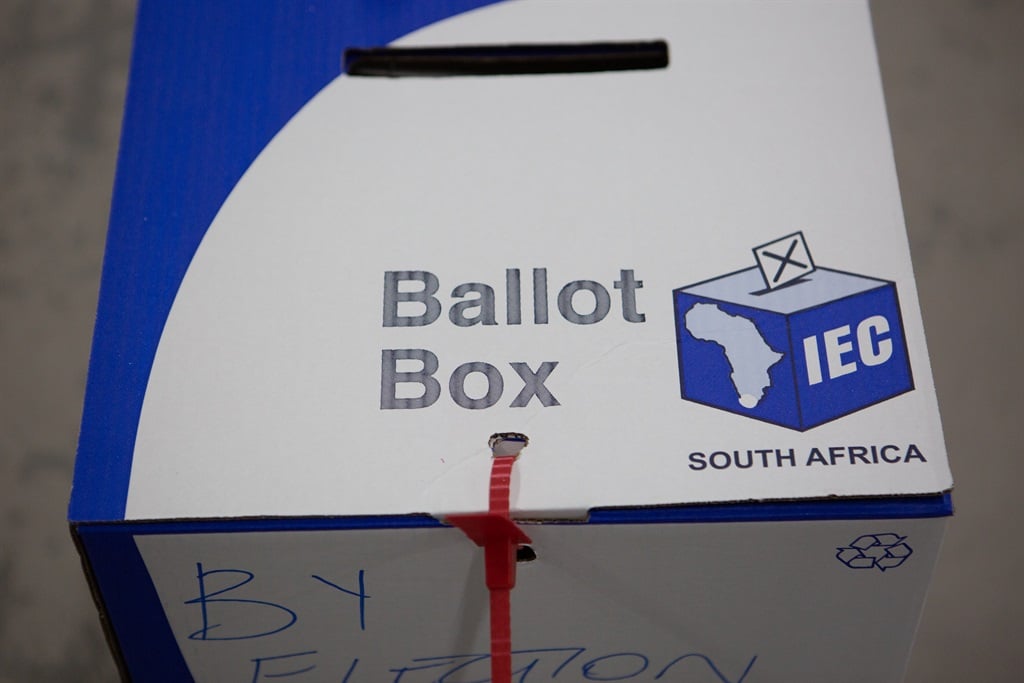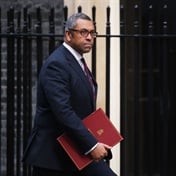
- South Africa's 1994 election overlapped with the Rwandan genocide.
- The world was eager for that feel-good story about Africa, at the time mired in famine and war.
- The media was not alone in failing Rwanda, and one of those failures has shaped Rwanda's own approach to peacekeeping.
From 7 April 1994 until a hundred days later, on 15 July, at least 800 000 ethnic Tutsis and moderate Hutus were killed in Rwanda.
But even as that slaughter continued, much of the world's attention was on South Africa, where a historic transition from apartheid was underway. In a sense, some now say, events in South Africa contributed to the under-reporting of events in Rwanda.
The South African election was only towards the end of April, but the run-up was a tense one, as was the process of counting and installing the first democratic government.
On 10 May in South Africa, when the genocide had reached fever pitch in Rwanda, Nelson Mandela, a household name all over the world, was sworn in, grabbing global attention.
At the time, Africa was starved for good news, says now retired Nigerian journalist Dele Olojede, who at the time was based in Johannesburg as a correspondent for US publication Newsday. So, nothing could override what was unfolding in South Africa.
Certainly not the fragmented reports coming from Rwanda.
READ | Rwanda to send more troops to Mozambique as South African soldiers prepare to leave
"Less than three weeks before elections in South Africa, we began to hear news about the genocide in Rwanda. Well, some sort of massacre; no one knew it was a genocide then, so the instinct for us at the time was to focus on South Africa because there was a story of triumph," he said.
"Most of our stories were stories of disaster, famine in Somalia, wars and so on. And now finally, the big break that we all of a certain generation wanted, which was to end white minority rule in every square inch of the continent seemed to us to be a far more important story than what was happening in Rwanda."
Olojede said there were a few stories from mostly wire services, such as Reuters, reporting on the Rwandan situation and those eventually grabbed his attention.
He said:
While the international media failed to pay sufficient attention, some local media in Rwanda actively fuelled the killings.
Newspapers such as the defunct Kangura spewed attacks on Tutsis, and radio also became part of that campaign.
After Mandela's inauguration in South Africa, the focus suddenly changed for Olojede, as it did for others, and he got the next flight to Kigali.
But at that time, most of the killing was done.
The media was not alone in its general failure. France has admitted it could have stopped the genocide had it the will, the US accepted it failed to act appropriately, and there is still much resentment for the abject failure of the United Nations, which in Rwanda is squarely accused of allowing things to escalate in 1994.
READ | More than 80 parties, NGOs demand Mali election - statement
Brigadier General Patrick Karuretwa, who heads the Rwandan Defence Force's (RDF) international cooperation unit, said because of that painful experience of neglect from the UN, Rwanda has made it its policy to do better when it comes to peacekeeping missions anywhere in the world.
"Today if you go to any theatre where we have peacekeepers, you will never see us hiding behind big walls or barbed wires like in the usual UN barracks. Instead, you will see us patrolling routes along endangered villages. You will see us escorting women as they fetch food or water," he said.
"You will see us securing schools and churches. You will not see us hiding. Never.
"So when those we are meant to protect are directly threatened, we fight, and when we fight, we fight like we mean it.
"So this has become known and inspired what has come to be known as the Kigali Principles on the Protection of Civilians."
The principles are a non-binding set of 18 pledges for the effective and thorough implementation of the protection of civilians in UN peacekeeping.
The News24 Africa Desk is supported by the Hanns Seidel Foundation. The stories produced through the Africa Desk and the opinions and statements that may be contained herein do not reflect those of the Hanns Seidel Foundation.




 Publications
Publications
 Partners
Partners























